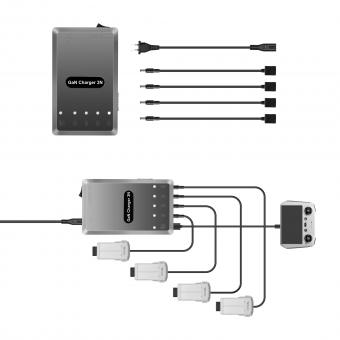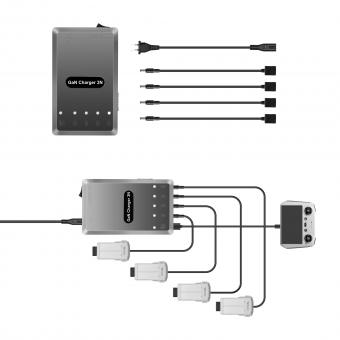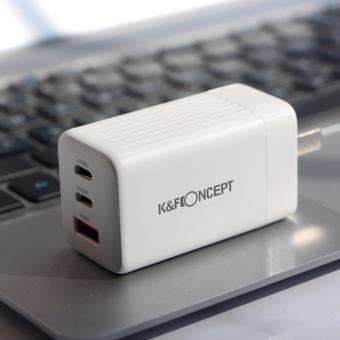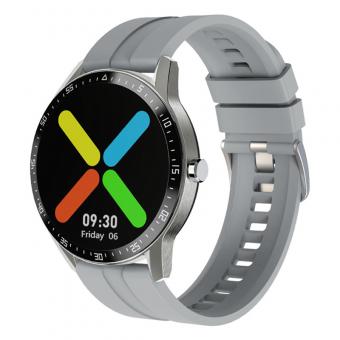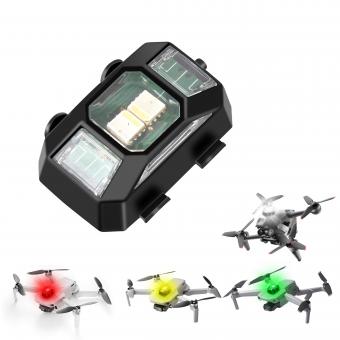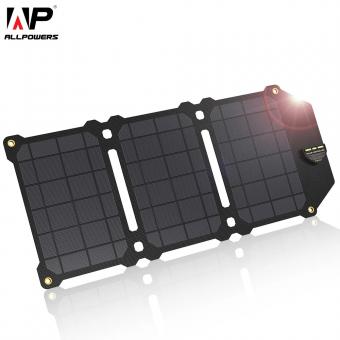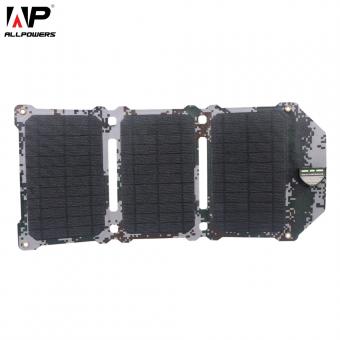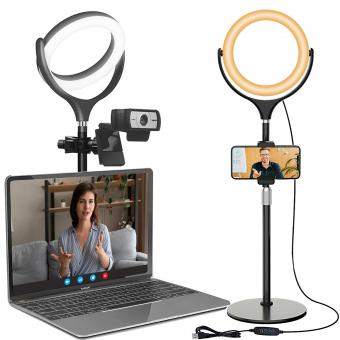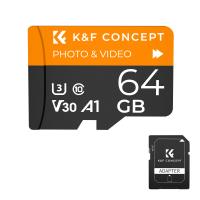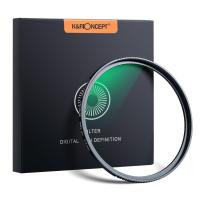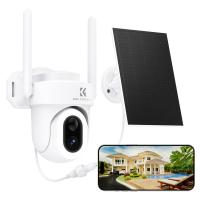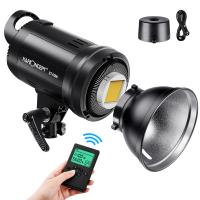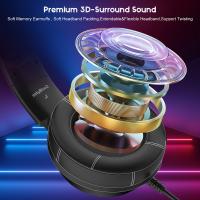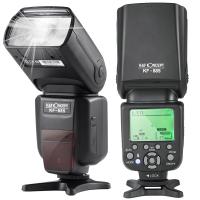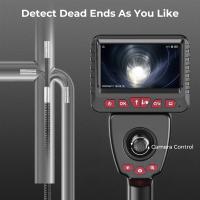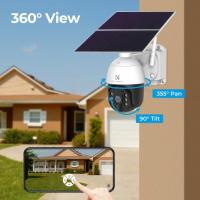How Long Professional Camera Charge Battery?
One of the essential aspects of professional photography is maintaining the efficiency and readiness of your camera equipment. Among the various components that demand attention, the camera battery stands out as a crucial element. Not only does the battery power the camera, but it also ensures that the photographer can capture moments as they unfold without interruptions. Thus, understanding how long it takes to charge a professional camera battery is critical for both novice and seasoned photographers.
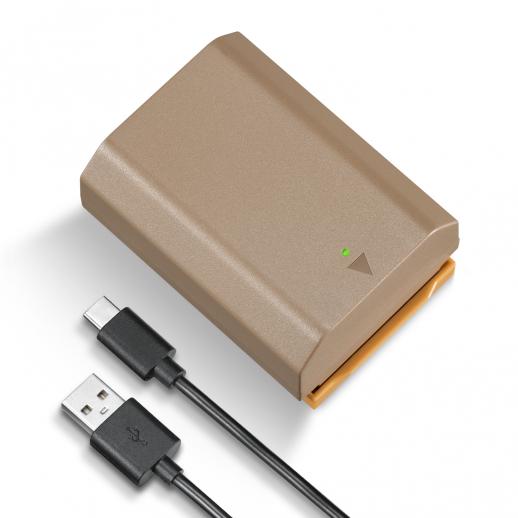
Understanding Battery Types and Capacities
Professional cameras, particularly DSLRs and mirrorless models, use lithium-ion (Li-ion) batteries due to their efficiency, energy density, and rechargeable nature. The charging time for these batteries varies depending on their capacity, which is typically measured in milliampere-hours (mAh). Generally, the capacities range from about 1,000 mAh to 3,500 mAh. A battery with a higher mAh rating will store more energy and usually take longer to charge compared to one with a lower mAh rating.
Factors Influencing Charging Time
Several factors contribute to the overall charging duration of a professional camera battery:
1. Battery Capacity: As mentioned, the higher the mAh, the more substantial the power storage and the longer the expected charging time.
2. Charger Type and Performance: The efficiency and design of the charger impact charging time. Some chargers are designed for quick charging, while others may offer a slower, more gradual charge to extend battery life.
3. Power Source: Charging directly from a wall outlet typically results in a faster charge compared to using a USB port on a computer or a portable power bank.
4. Battery Health and Age: Over time, batteries lose their efficiency. A brand new battery might charge faster and hold charge better than an older one that has undergone many charge cycles.
Typical Charging Times
On average, the charging time for a fully depleted professional camera battery ranges between 1.5 to 4 hours. Here's a more specific breakdown:
- Lower Capacity Batteries (1000-1500 mAh): These typically take about 1.5 to 2.5 hours to fully charge.
- Mid-Range Capacity Batteries (1500-2500 mAh): Charging times for these batteries average between 2 to 3.5 hours.
- Higher Capacity Batteries (2500-3500 mAh): These can take anywhere from 3 to 4 hours, depending on other influencing factors.
Charging Strategies for Photographers
1. Utilize Dual Charging: Many professional photographers use dual chargers that accommodate two batteries simultaneously. This approach ensures that spare batteries are always ready for use, minimizing downtime between shoots.
2. Invest in High-Quality Chargers: Avoid generic or low-quality chargers, as these might not only extend charging times but also potentially damage the battery over time. Manufacturers often recommend specific chargers that are optimized for their batteries.
3. Leverage Fast-Charging Options: Some modern professional cameras and batteries support fast-charging technology. While individual charging times may still depend on battery capacity, fast chargers can significantly reduce downtime.
4. Maintain Battery Health: Properly maintaining batteries can help retain their efficiency. This includes avoiding complete discharges, not exposing batteries to extreme temperatures, and using recommended charging cycles.
5. Plan Ahead: Always charge batteries in advance of shoots and keep extras handy. It's better to have fully charged batteries ready than to be caught off guard during a critical moment.
The Convenience of Battery Grips
For extended shooting sessions, many photographers invest in battery grips. These devices attach to the camera and house one or more additional batteries, effectively doubling or tripling the available power without the need for frequent battery swaps. While battery grips can add some bulk to the camera, the trade-off is often worth it for the extended operating time.
Environmental Considerations
Environmental factors can also play a role in battery performance and charging time. Charging in extremely cold or hot conditions can affect the efficiency of both the charger and the battery. It is always recommended to charge batteries in a room-temperature environment to maintain optimum performance levels.
Software and Firmware Updates
Some manufacturers release firmware updates for their cameras that can improve battery performance. It might not directly affect charging times, but it can enhance overall energy management within the camera, leading to better utilization of battery power.
Field Charging Solutions
For photographers often in the field, portable battery pack chargers and solar-powered chargers are excellent alternatives. These can be a lifesaver when traditional power sources are unavailable. However, the efficiency and charging times of these solutions can vary, so it's important to select high-quality options that provide reliable power.
Addressing Concerns About Overcharging
Modern chargers and batteries are equipped with technology to prevent overcharging, which can once be a concern. They automatically stop charging when the battery is full. However, it is still good practice to disconnect the battery once it's fully charged, if feasible, to maintain optimal battery health over an extended period.
In Summary
Understanding the charging time for professional camera batteries involves recognizing the capacity of your battery, the type of charger used, and other influential variables like the power source and battery health. By leveraging efficient charging strategies, maintaining battery health, and planning adequately, photographers can ensure that their equipment is always powered and ready for action.
From investing in high-quality chargers to understanding the nuances of battery grips, every step you take towards optimizing your battery management can make a noticeable difference in your photography experience. This understanding not only streamlines your workflow but also helps you focus more on capturing those perfect shots without the distraction of power concerns.


